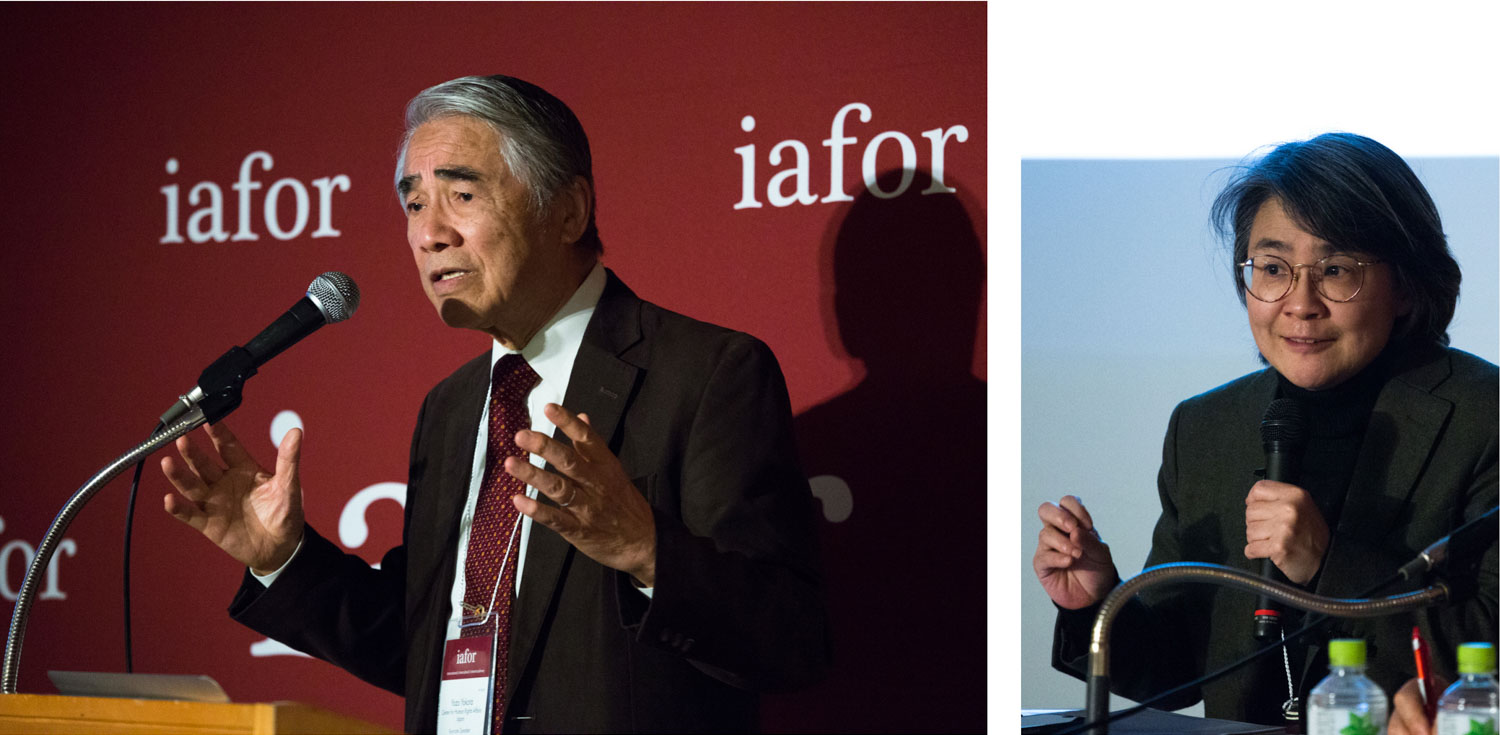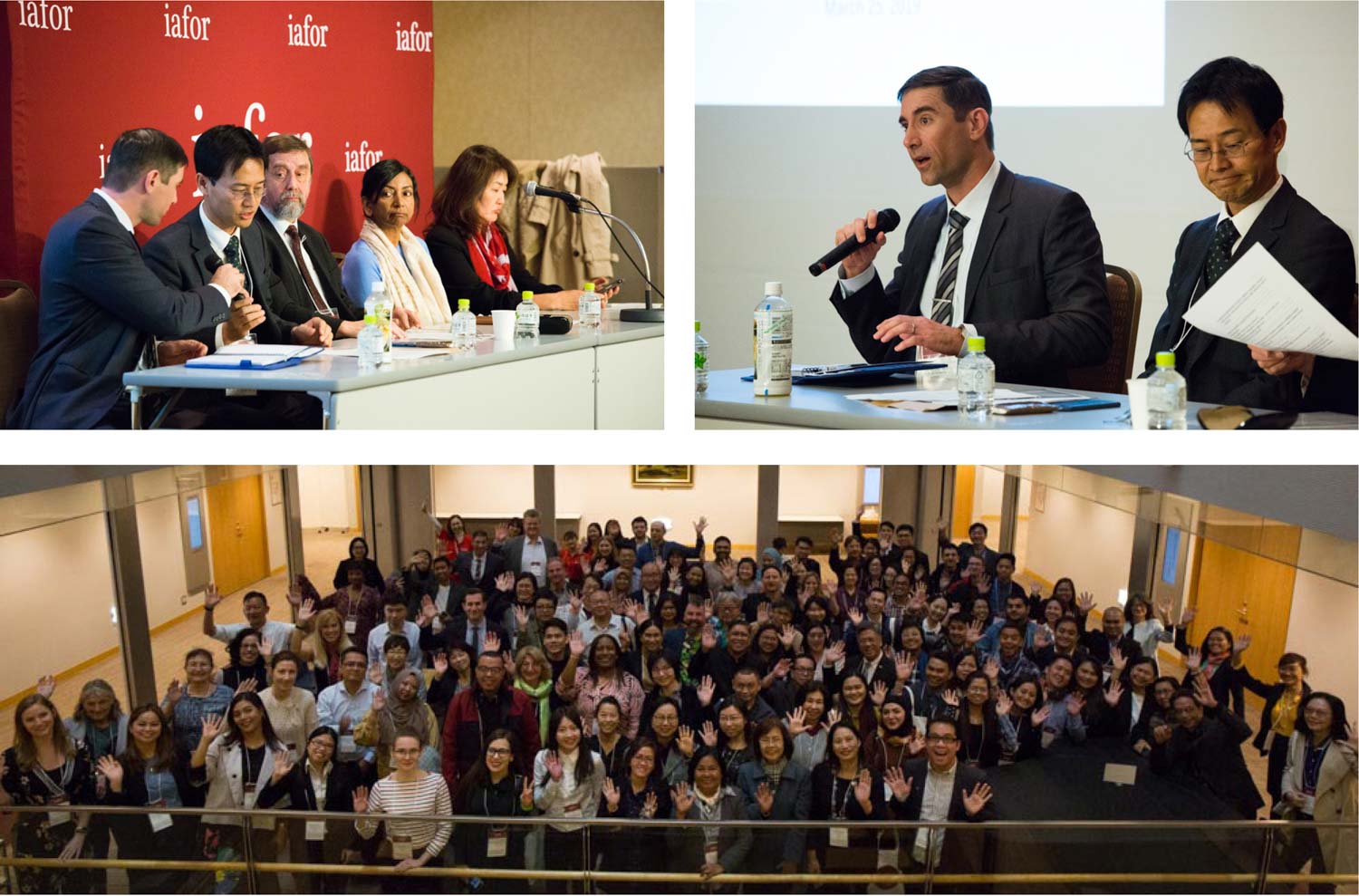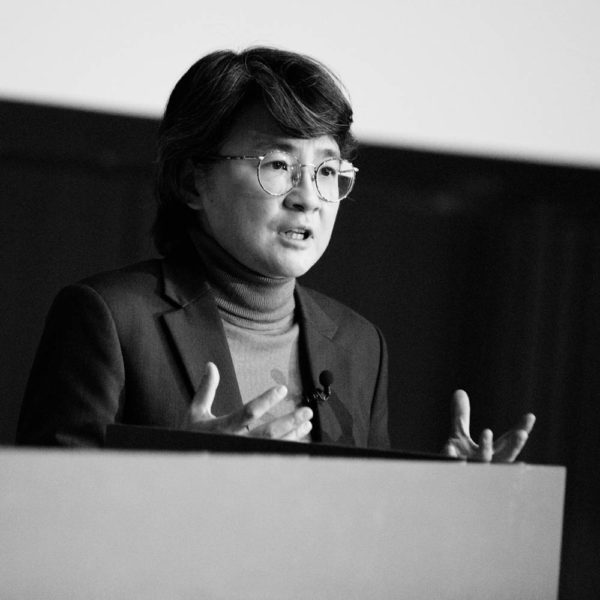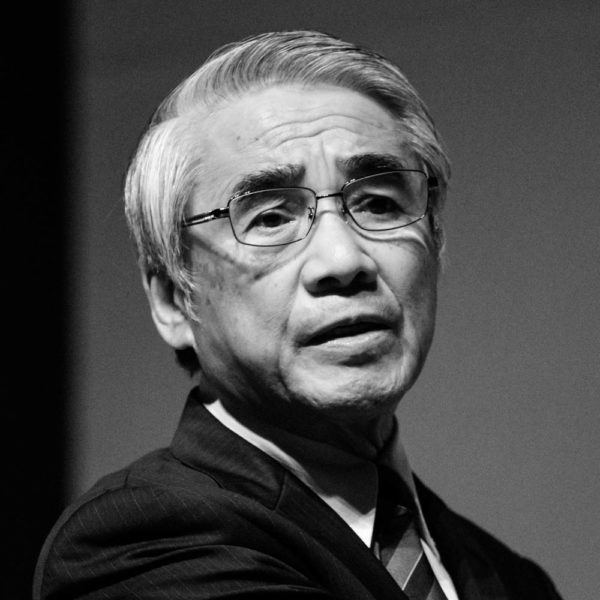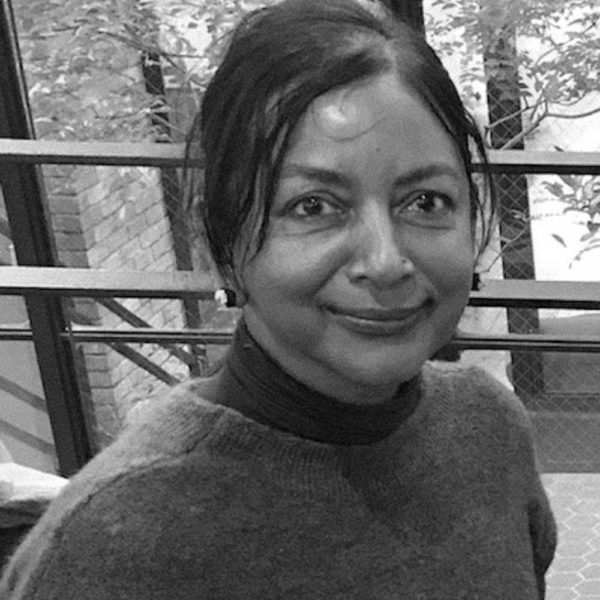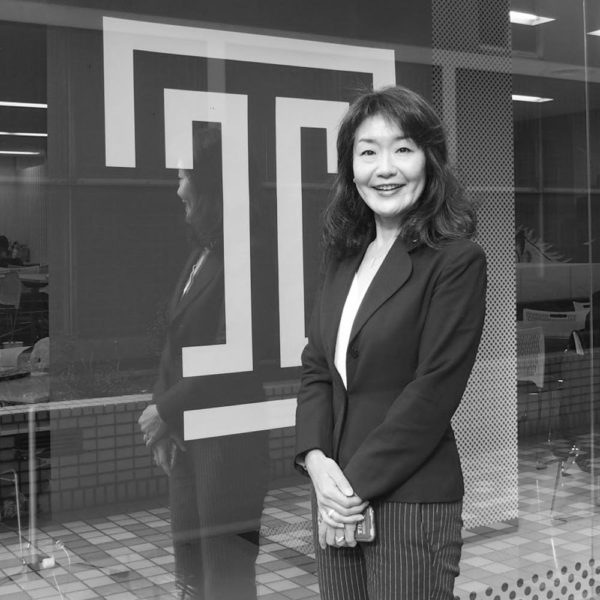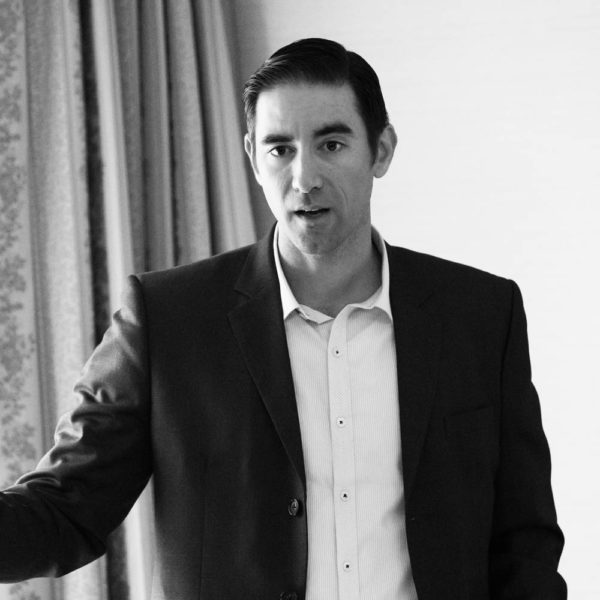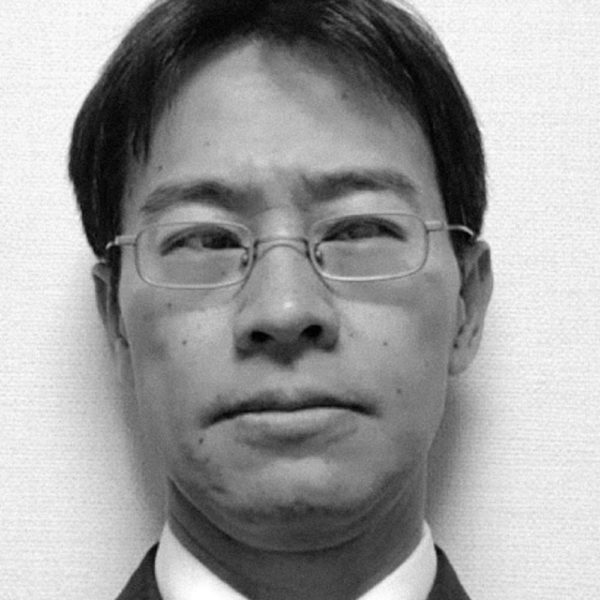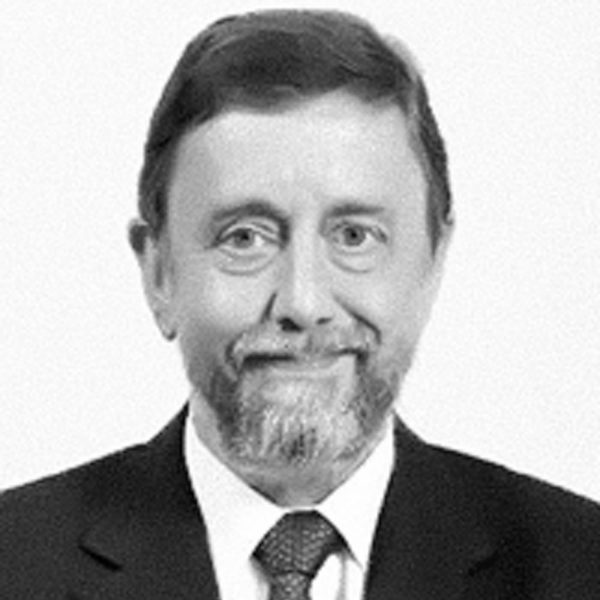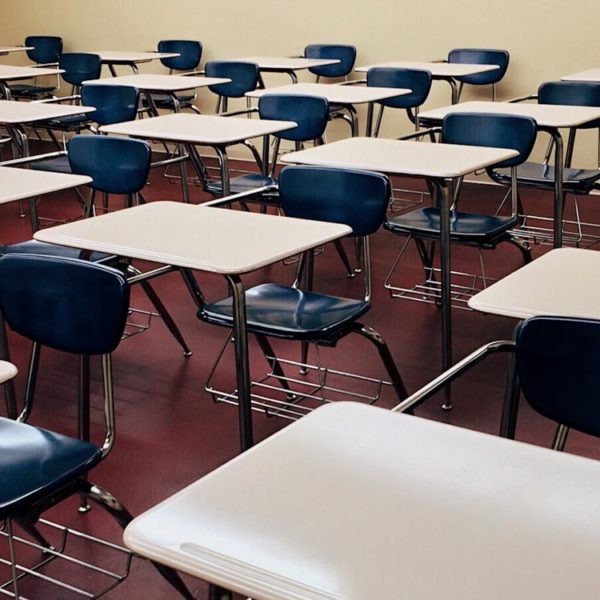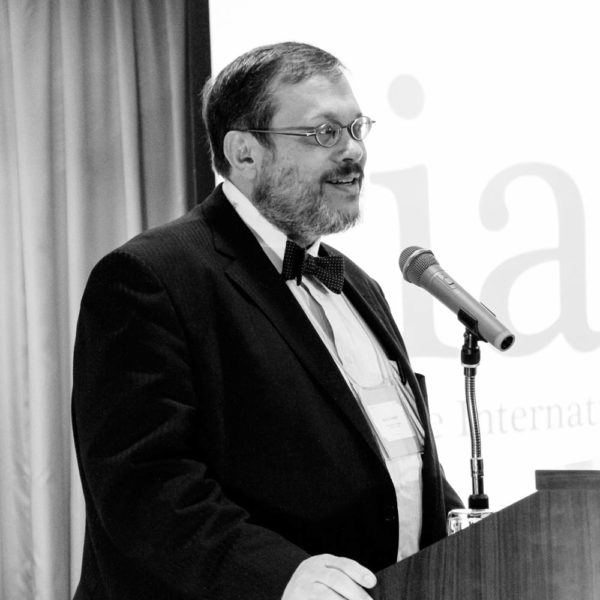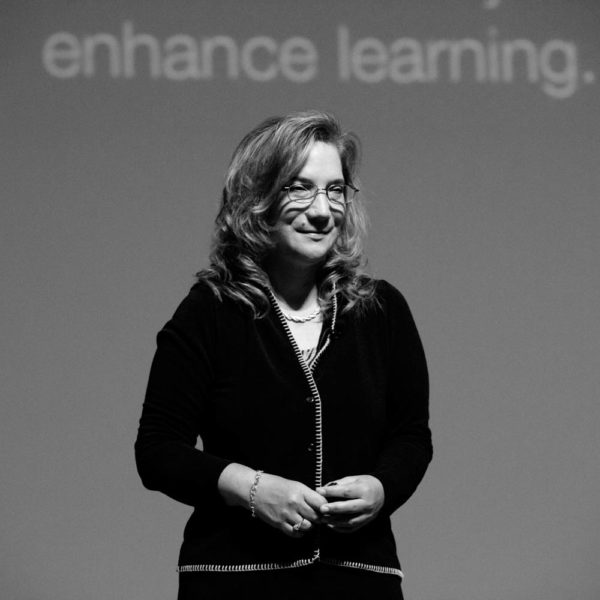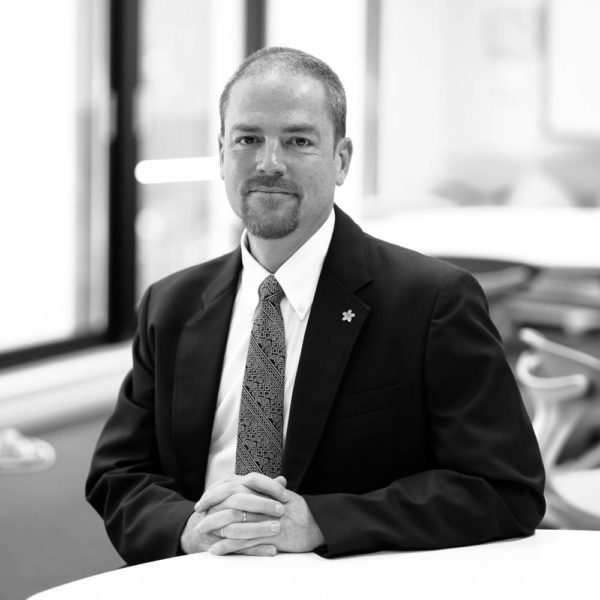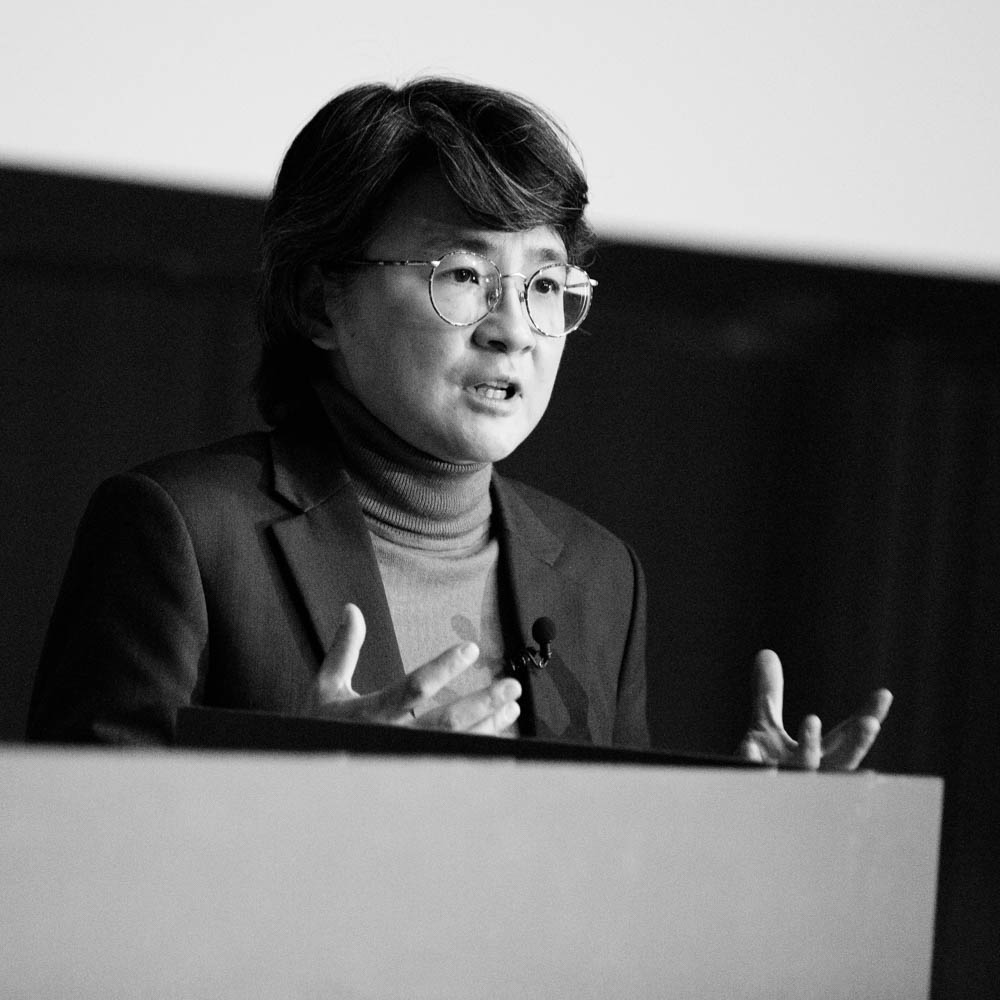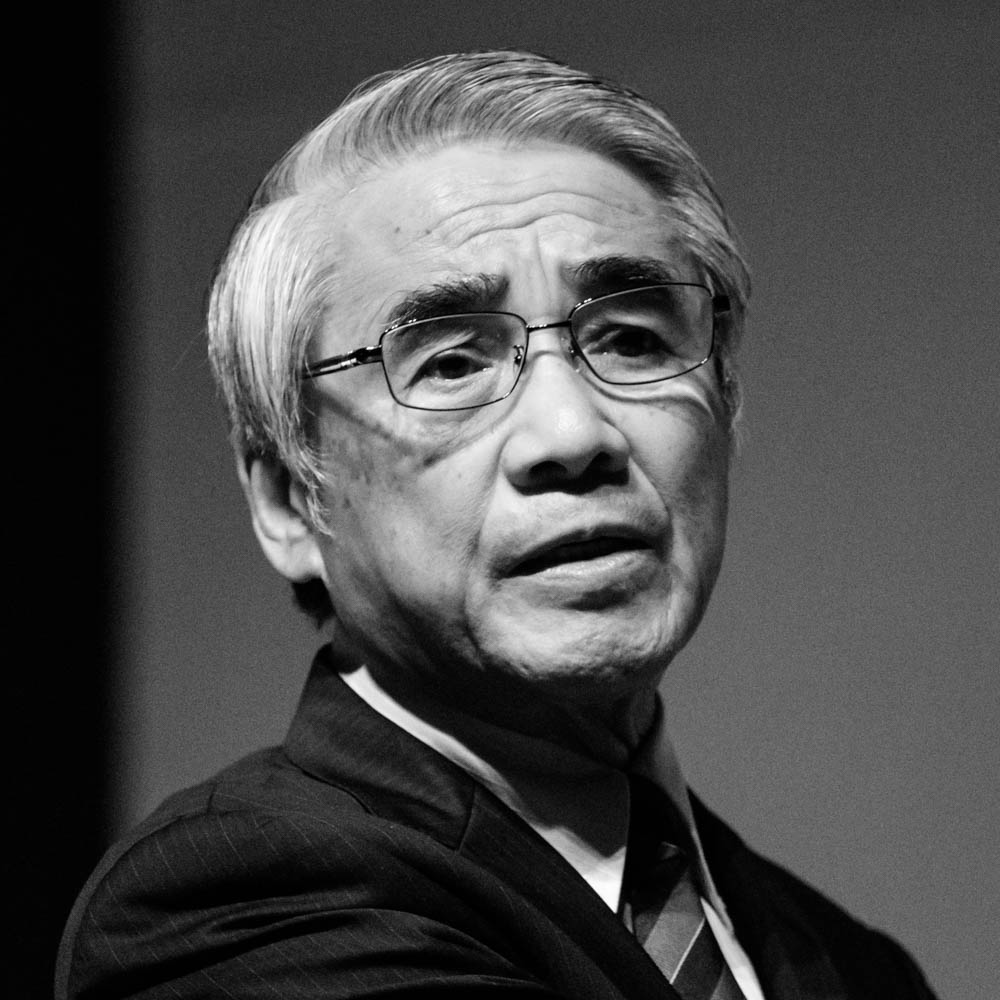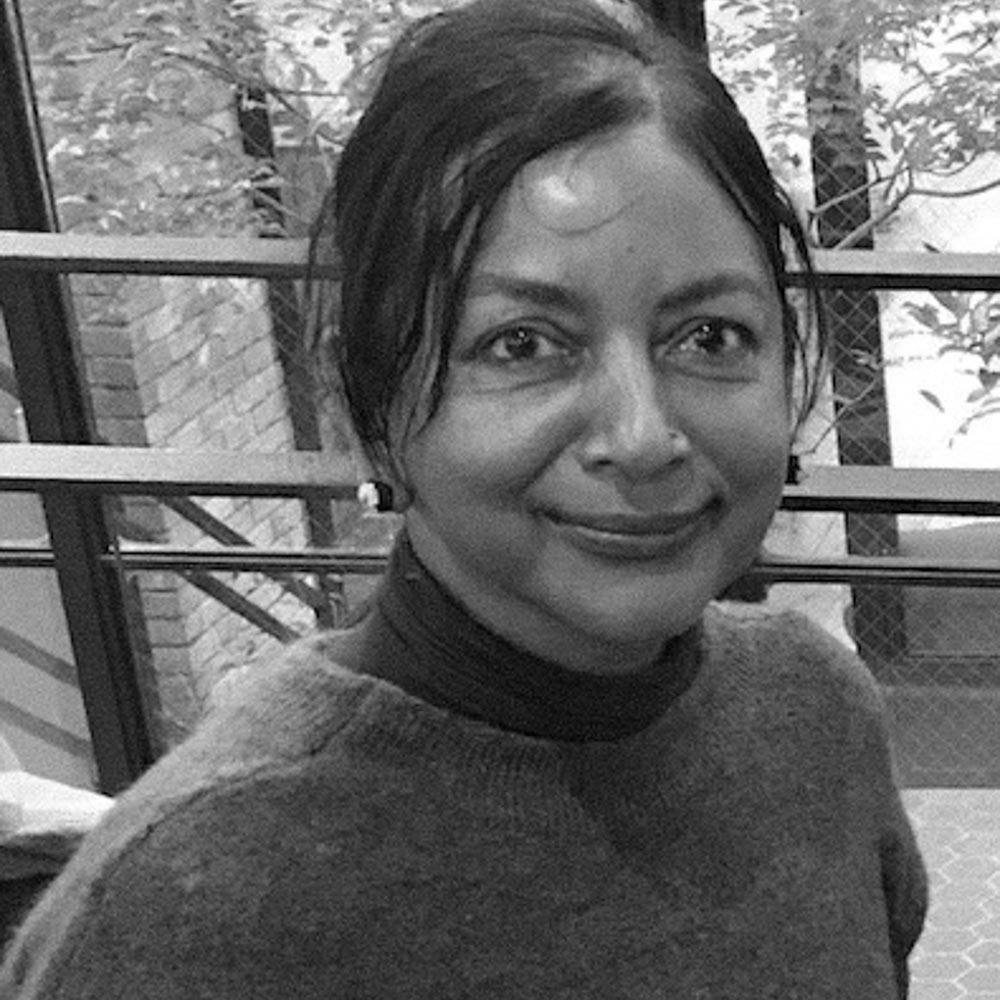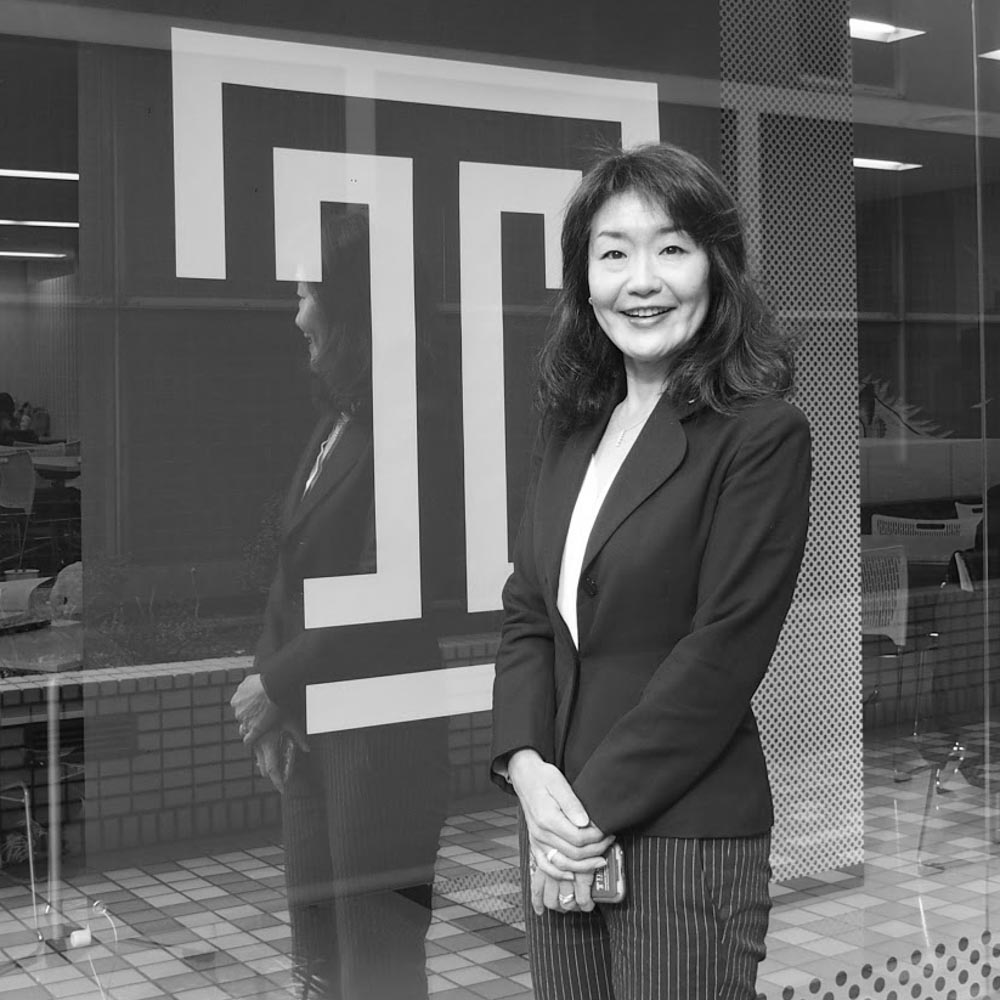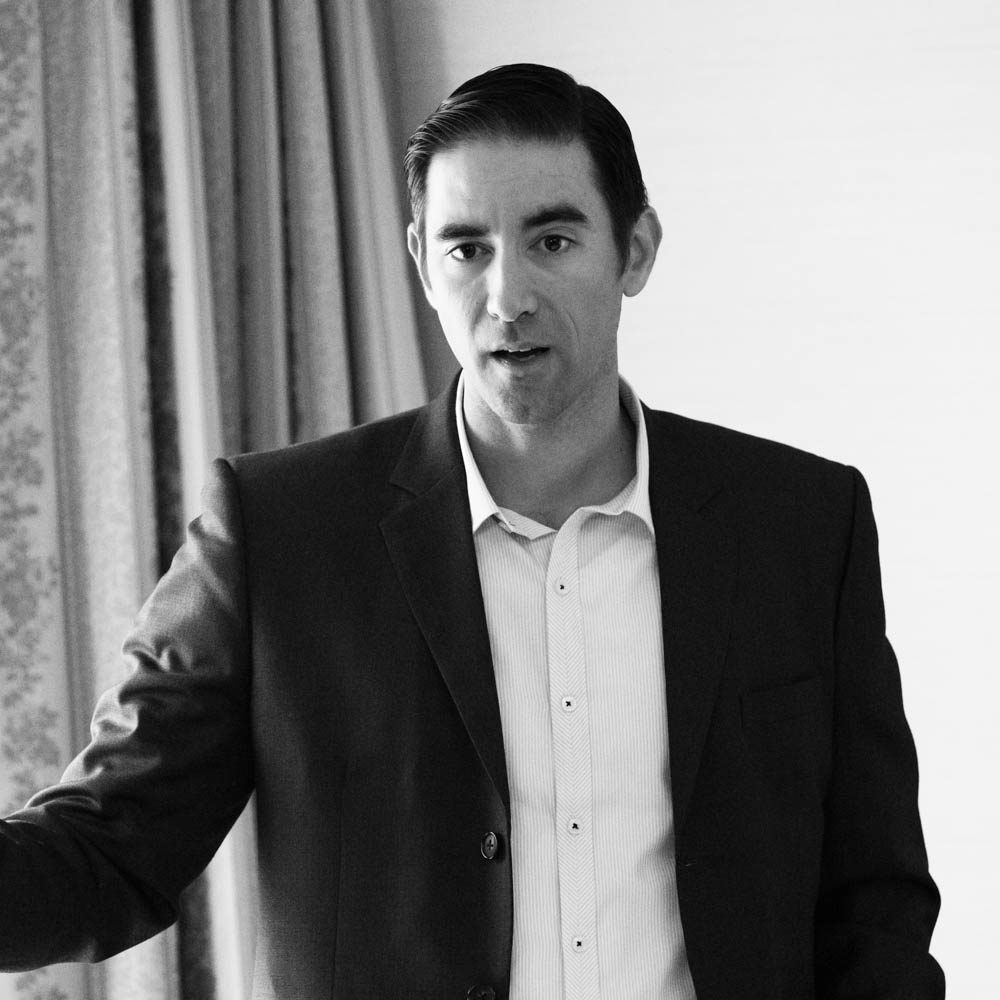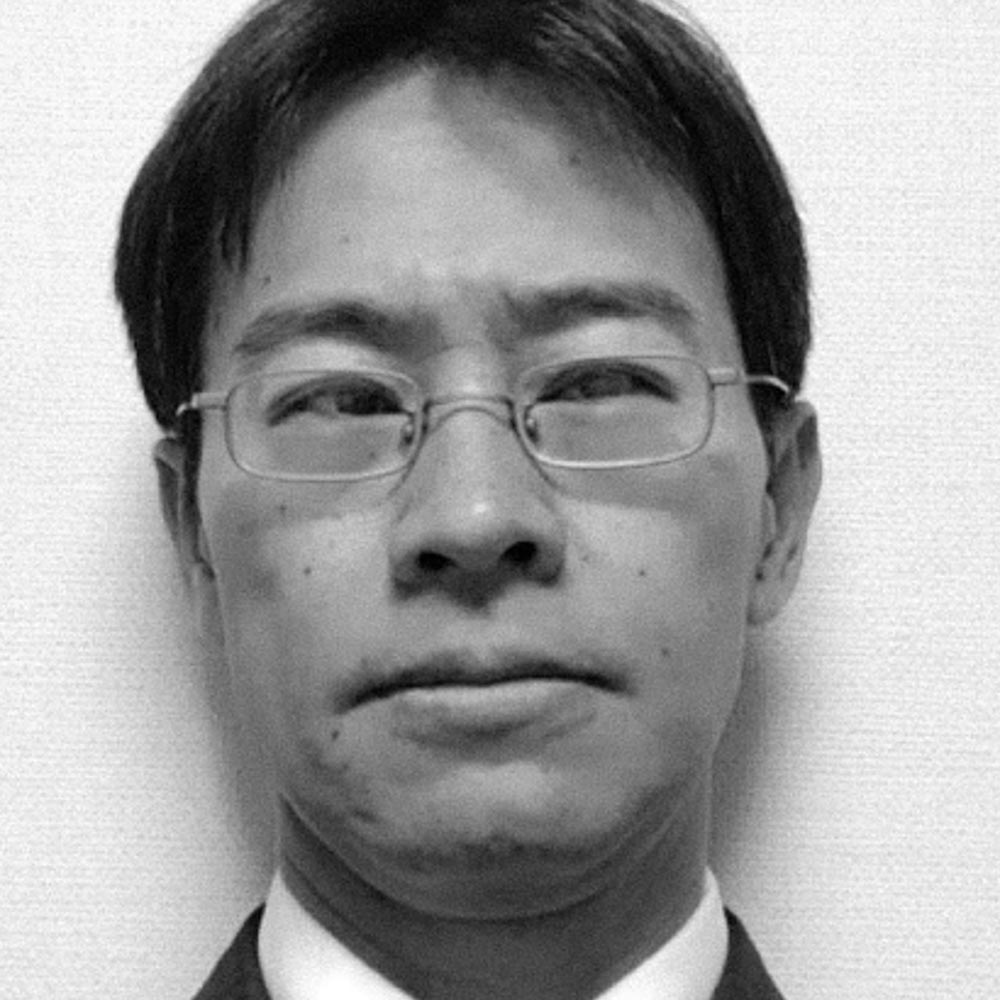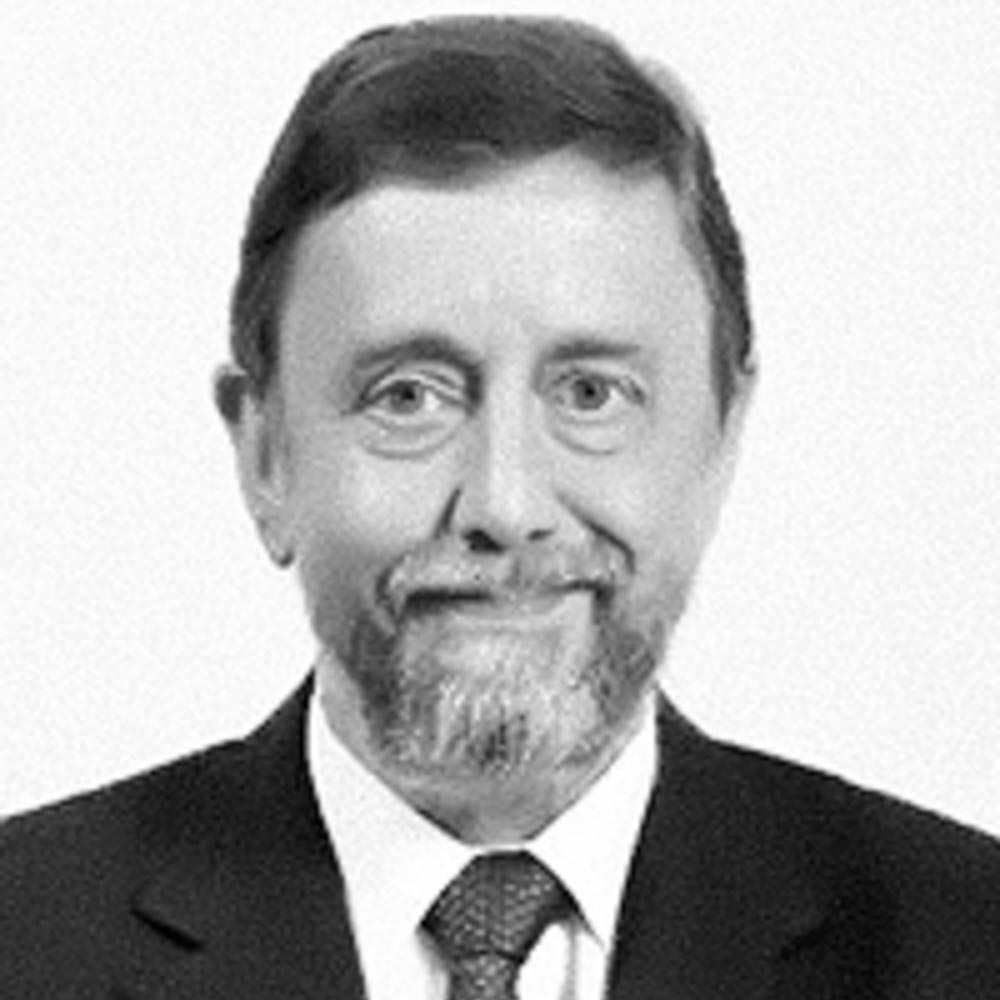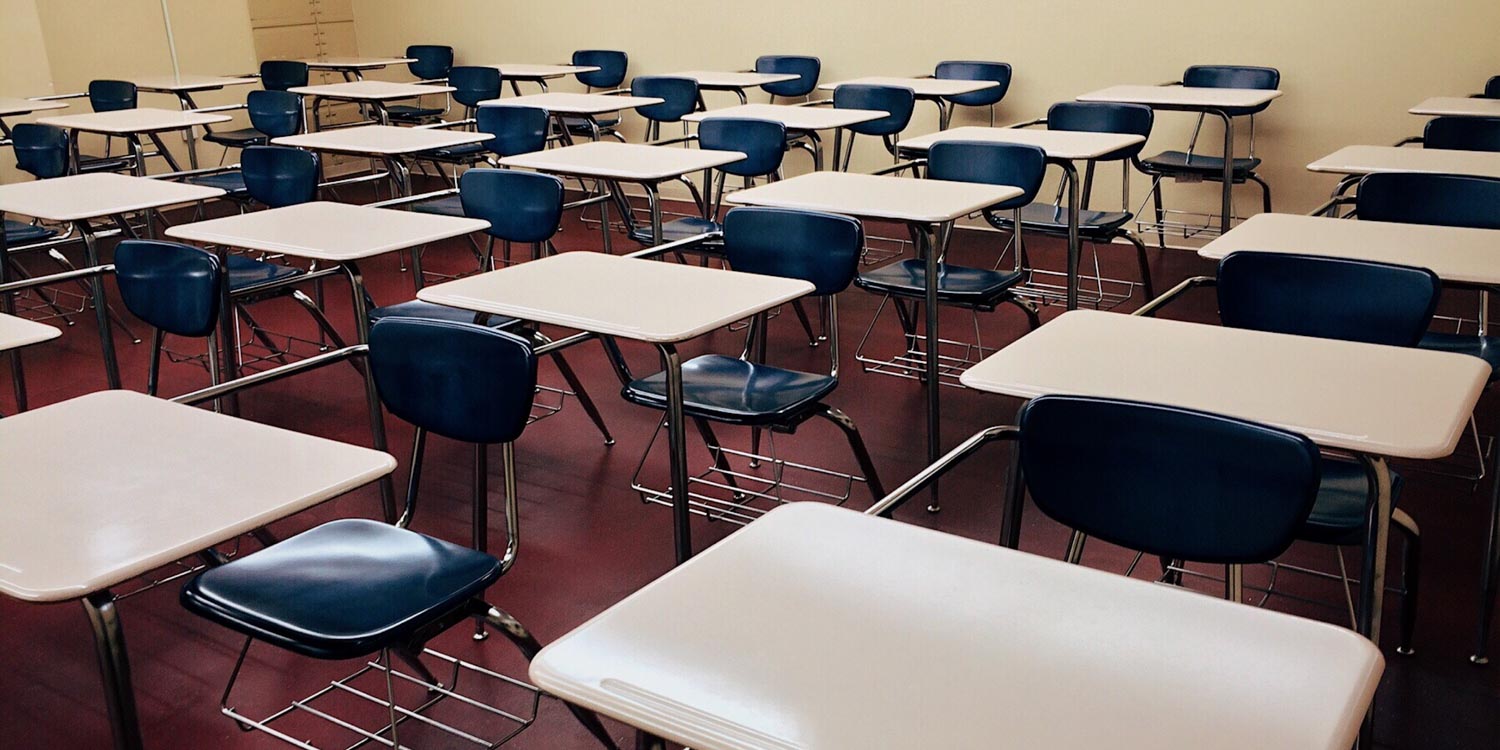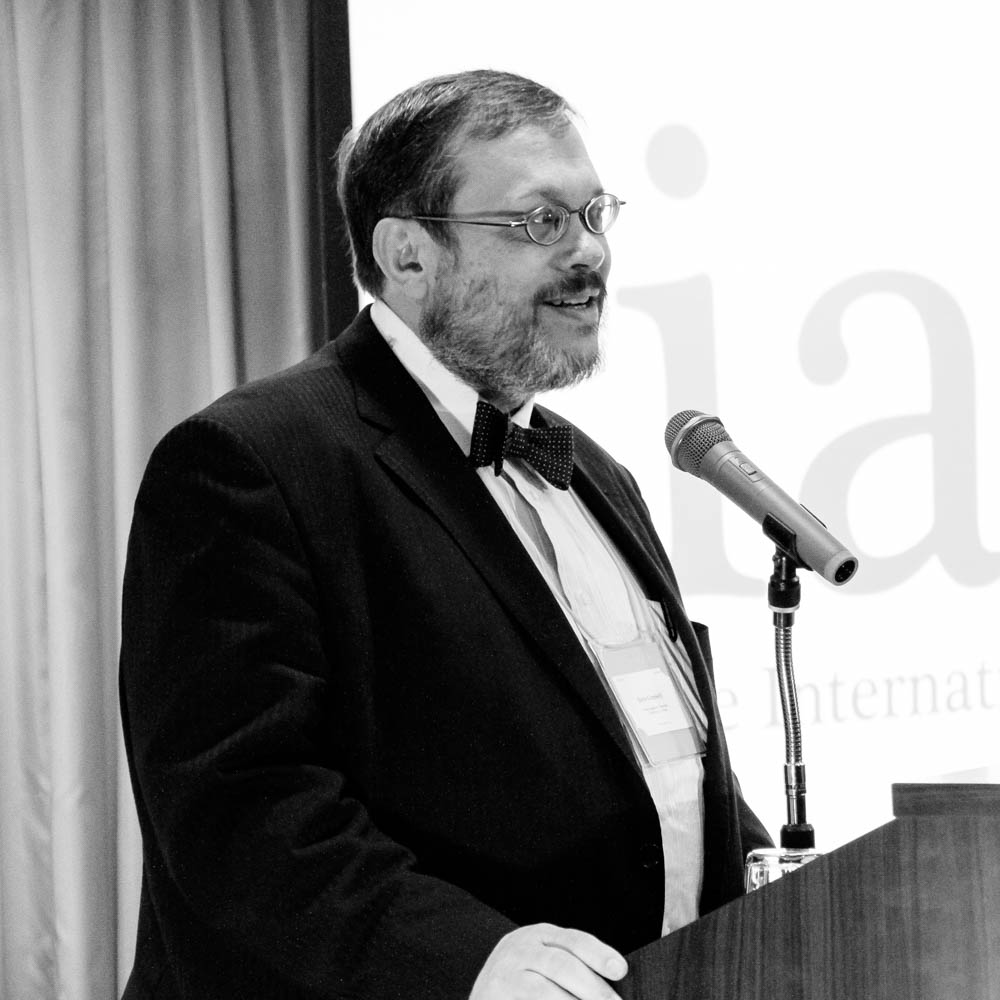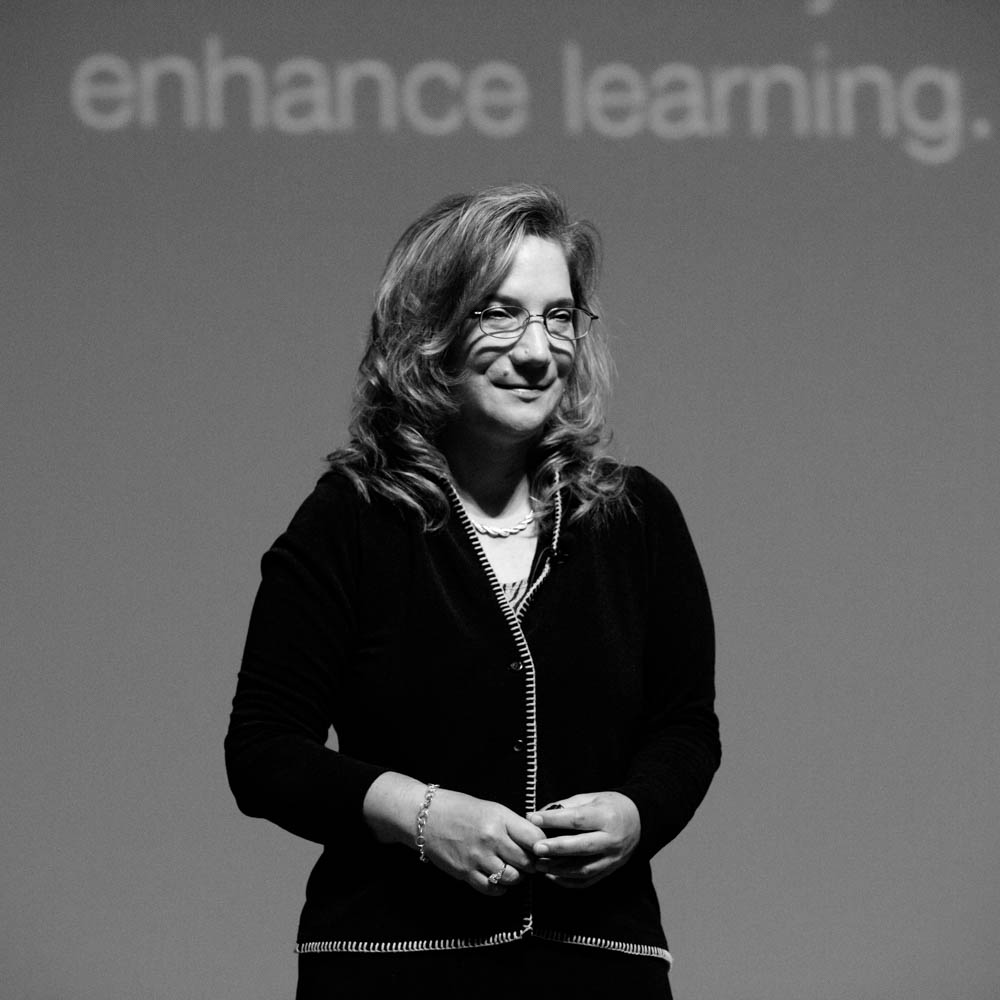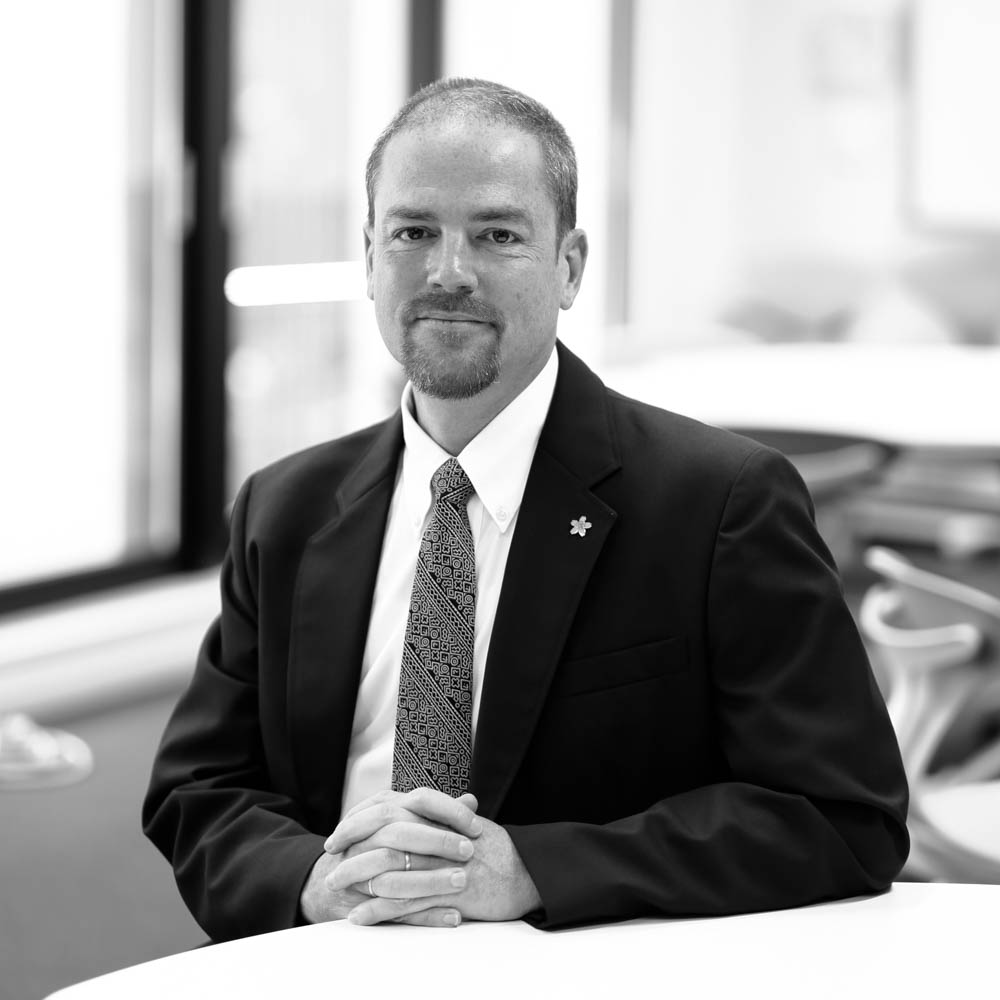Independence & Interdependence
March 25–27, 2019 | Toshi Center Hotel, Tokyo, Japan
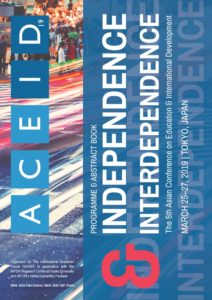
The technological and logistical advances of globalisation have enabled us to become independent and empowered as never before, but also at the same time made us more dependent on the very things allowing autonomy. While technologies allow us to communicate with those on the other side of the world, they can also make us detached from those immediately around us, and in some cases alienated, or lonely. And yet this increased interconnectedness offers great opportunities to work together to solve some of the world’s most pressing issues, and reminds us of our responsibilities towards each other. Our independence is contextualised in the relations we enjoy with others; in our families and communities, shared institutions, in our wider societies, geographical and political entities, and finally, as a part of the one world we all share.
How do we help students and teachers alike navigate and curate the vast information available? How do we encourage individual growth while also underlining the importance of belonging and of the reciprocal responsibilities and privileges of education? How do we help students build the skills and attitudes necessary for positive engagement in distributed, globalised communities that so often lead to polarisation and alienation instead? How do we educate with independence and interdependence in mind? How do we engage meaningfully in “international development” through education? What are the successes and failures of the international system in addressing some of the most pressing concerns of our time?
ACEID2019 Photo Report
Above: The 5th Asian Conference on Education & International Development (ACEID2019) was held in Tokyo in March on the theme of “Independence and Interdependence” and opened with former UN special rapporteur to Myanmar and internationally recognised jurist, Professor Yozo Yokota (above left), who delivered a keynote on education and displaced peoples, before taking part in an interactive panel discussion. Professor Haruko Satoh (above right) of Osaka University and Co-Director of the OSIPP-IAFOR Research Centre, delivers a keynote on the challenges of the multicultural classroom in a Japanese university context.
Above: Building university partnerships across national borders was the subject of a lively panel discussion with (top left to top right) Dr Justin Sanders, now Director of Continuing Education at Temple University, Japan and panel moderator; Dr Naoki Umemiya, Director of the Technical and Higher Education Team, at the Japan International Cooperation Agency (JICA); Professor Mark Williams, Vice-President of International Academic Exchange at International Christian University, Tokyo; Suvendrini Kakuchi, Tokyo Correspondent for University World News, and Chie Kato, Senior Associate Dean at Temple University, Japan. Bottom: Delegates at ACEID gather for a group photo after the main plenary session. The conference saw some 200 participants from more than 35 countries.
Speakers
Keynote Speakers
Featured Speakers
Programme
-
Between Aspiration and Reality: Cultural Conflict in a University ClassroomKeynote Presentation: Haruko Satoh
-
Education and Displaced People: The Case of the Japanese Government Project to Assist RefugeesKeynote Panel Presentation: Yozo Yokota & Haruko Satoh
-
Independence and Interdependence: Educational Cooperation Across BordersFeatured Panel Presentation: Justin Sanders, Suvendrini Kakuchi, Naoki Umemiya, Chie Kato & Mark Williams
Organising Committee
The Conference Programme Committee is composed of distinguished academics who are experts in their fields. Conference Programme Committee members may also be members of IAFOR's International Academic Board. The Organising Committee is responsible for nominating and vetting Keynote and Featured Speakers; developing the conference programme, including special workshops, panels, targeted sessions, and so forth; event outreach and promotion; recommending and attracting future Conference Programme Committee members; working with IAFOR to select PhD students and early career academics for IAFOR-funded grants and scholarships; and overseeing the reviewing of abstracts submitted to the conference.
-
Steve CornwellThe International Academic Forum (IAFOR) & Osaka Jogakuin University, Japan
-
Joseph HaldaneThe International Academic Forum (IAFOR), Japan
-
Barbara LockeeVirginia Tech., USA
-
Ted O’NeillGakushuin University, Japan
-
Justin SandersTemple University, Japan Campus
-
Haruko SatohOsaka University, Japan
Review Committee
- Professor Bonimar Afalla-Tominez, Nueva Vizcaya State University, Philippines
- Dr Abdul Aziz, Universitas Islam Negeri Maulana Malik Ibrahim Malang Indonesia, Indonesia
- Professor Eileen Bernardo, Isabela State University, Philippines
- Dr Eric Bordios, Department of Education - Angel Villarica Central School, Philippines
- Dr Ruth Carlos, Polytechnic University of the Philippines, Philippines
- Dr Shih-Chieh Chien, National Taipei University of Business, Taiwan
- Dr Tanju Deveci, Khalifa University, United Arab Emirates
- Dr Diobein Flores, Instruction and Curriculum Supervisor, Philippines
- Professor Tatiana Ille, Gulf Medical University, United Arab Emirates
- Dr Za Manaf, Western Sydney University, Australia
- Dr Yaoko Matsuoka, Kokugakuin University, Japan
- Dr Rennie Saranza, Philippine Normal University-Mindanao (PNU-Min), Philippines
- Dr Bethe Schoenfeld, Western Galilee College, Israel
- Dr Sarma Vangala, Metastrategy, Inc., Canada
- Dr Peng Cheng Wang, Singapore Institute of Technology, Singapore
- Dr Sittipong Wattananonsakul, Srinakharinwirot University, Thailand
- Dr Andri Zainal, Universitas Negeri Medan, Indonesia
IAFOR Grant & Scholarship Recipients
Our warmest congratulations go to Mirela Ramacciotti, Huiming Ding, Meng Xiao and Jessica Msofe, who have been selected by the conference Organising Committee to receive grants and scholarships to present their research at The 5th Asian Conference on Education & International Development (ACEID2019).
IAFOR's grants and scholarships programme provides financial support to PhD students and early career academics, with the aim of helping them pursue research excellence and achieve their academic goals through interdisciplinary study and interaction. Awards are based on the appropriateness of the educational opportunity in relation to the applicant's field of study, financial need, and contributions to their community and to IAFOR's mission of interdisciplinarity. Scholarships are awarded based on availability of funds from IAFOR and vary with each conference.
Click here to learn out more about IAFOR grants and scholarships.
IAFOR Research Centre (IRC) – “Innovation and Value Initiative”
The IAFOR Research Centre (IRC) is housed within Osaka University’s School of International Public Policy (OSIPP), and in June 2018 the IRC began an ambitious new “Innovation and Value Initiative”. Officially launched at the United Nations in a special UN-IAFOR Collaborative Session, the initiative seeks to bring together the best in interdisciplinary research around the concept of value, on how value can be recognised, and measured, and how this can help us address issues and solve problems, from the local to the global.

